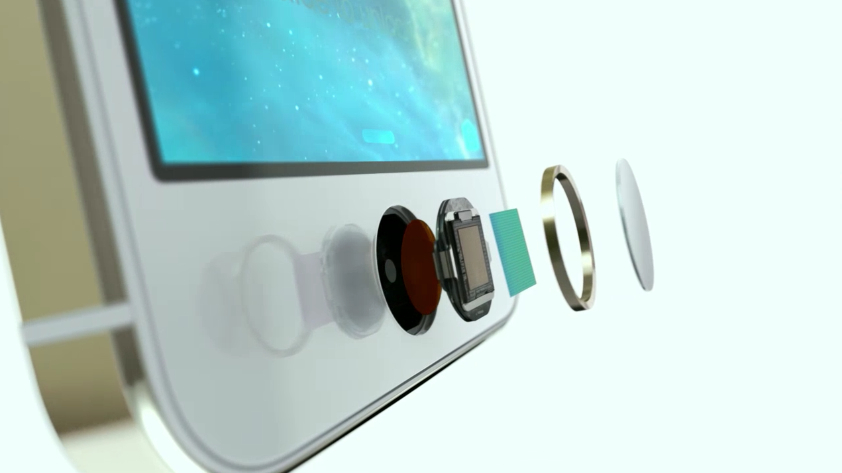US carriers reportedly rejected anti-theft 'kill switch' in Samsung phones
Anti-theft insurance profits may trump consumer protection

Sign up for breaking news, reviews, opinion, top tech deals, and more.
You are now subscribed
Your newsletter sign-up was successful
The 1.6 million US smartphone owners who had their handset stolen last year may think that a "kill switch" feature to disable the phone would be a good deterrent, but carriers reportedly don't agree.
Major carriers AT&T, Verizon, Sprint and T-Mobile are said to have rejected anti-theft software in Samsung smartphones sold in the US, according to a New York Times report today.
The reason? Carriers are more concerned about profiting from the insurance programs bundled with high-end phones, suggested San Francisco's District Attorney George Gascón.
"Corporate profits cannot be allowed to guide decisions that have life-or-death consequences," Gascón told the Times after reviewing emails between a Samsung executive and a software developer.
"This solution has the potential to safeguard Samsung customers, but these emails suggest the carriers rejected it so they can continue to make money hand over fist on insurance premiums."
A no way from the CTIA
The CTIA, the industry trade group that represents wireless carriers, didn't address the accusation that networks are opposed to a kill switch for profits.
Instead, it pointed out to the Times its concerns with such an anti-theft feature, like the fact that it could be hijacked by hackers who could use the security measure against officials in the Department of Defense and law enforcement.
Sign up for breaking news, reviews, opinion, top tech deals, and more.
Alternate solutions brought up by the CTIA included having carriers and law enforcement continue to work on a stolen phone database.
"One of the components of the efforts was to create an integrated database designed to prevent stolen phones from being reactivated," said the CTIA in a statement sent to TechRadar.
A debased database
The CTIA acknowledged that this database isn't as far reaching as a "kill switch" could be, especially outside of the US, but it's confident in solving that problem.
"As more countries and more carriers around the world participate in the database, criminals will have fewer outlets for their stolen devices," it said in its statement.
"We're pleased the carriers met all of the deadlines so far, and are on track to meet the final one to integrate the 4G/LTE databases by November 30, 2013."
Consumer obligation
Still, a lot of the onus seems to fall on consumers, whether it's reporting the phone as stolen or downloading anti-theft apps to begin with.
Google's Android Device Manager app, for example, isn't pre-loaded onto its phones and neither is Apple's similarly merely "suggested" Find My iPhone app.
The Touch ID fingerprint sensor in the new iPhone 5S is one hardware solution to this software blockade.
However, networks would probably love consumers to pony up for their protection plans like the overpriced AT&T Next and Verizon Edge upgrade programs.
